In the tapestry of sustainable agriculture, organic farming stands out as a potent blend of age-old wisdom and modern environmental sensibilities. Southern Drone OPS champions this blend, promoting a holistic balance between humans and the ecosystem. This piece sheds light on the latest trends in organic farming, its profound advantages, the hurdles it faces, and the inspiring success stories from organic agriculturists.
The Organic Wave: Current Dynamics
With the wind of health and environmental consciousness at its back, the organic farming sector is experiencing transformative shifts:
- Regenerative Agriculture: A method focusing on revitalizing the soil, ensuring its health while producing crops.
- Bio-intensive Farming: While maximizing yield from limited land, this technique prioritizes soil conservation.
- Community Supported Agriculture (CSA): A model that strengthens the bond between farmers and consumers, amplifying local and eco-friendly farming methods.
Organic Boons: The Payoffs
Organic farming is more than a technique; it’s a promise to the health of our land and its people.
- Guardians of the Soil: Organic methods bolster soil fertility and curb erosion, paving the way for sustained future farming.
- Purity in Produce: Sidestepping synthetic pesticides and fertilizers results in food that’s both nutritious and devoid of harmful chemicals.
- Biodiversity’s Sanctuary: Organic farmlands are diverse ecosystems, teeming with varied plants and wildlife.
Tackling Terra Firma: Organic Farming’s Challenges
- The Yield Dilemma: Organic methods might produce lesser yield than traditional farming, causing hesitation among potential organic farmers.
- Economic Strains: The hands-on nature of organic farming, combined with certification costs, can be financially demanding.
- Natural Nemeses: Battling pests and weeds without chemicals requires innovative and sometimes labor-intensive strategies.
From Humble Beginnings: Organic Successes
- Local Luminary: Shawn Peebles of Peebles Organic Farms in Augusta, Arkansas, made the leap from traditional to organic farming a decade ago out of financial need. Now, he organically cultivates roughly 1,500 acres, harvesting crops like edamame and sweet potatoes, and offers employment to dozens during peak seasons (Link).
- Global Green Guardians: At the international stage, the organic revolution gains momentum thanks to organizations like IFOAM - Organics International. Established in 1972, IFOAM has played a pivotal role in building a global network of organic aficionados. Their efforts in advocacy, education, and networking have significantly influenced organic farming policies, creating a fertile ground for organic agriculture globally.
Final Thoughts
Organic farming is a narrative of harmony—of aligning our agricultural pursuits with nature's ethos. It presents a roadmap for an agriculturally prosperous, health-driven, and community-centric future. At Southern Drone OPS, we resonate with this vision, advocating for agricultural endeavors that are in tune with nature’s cadence.

